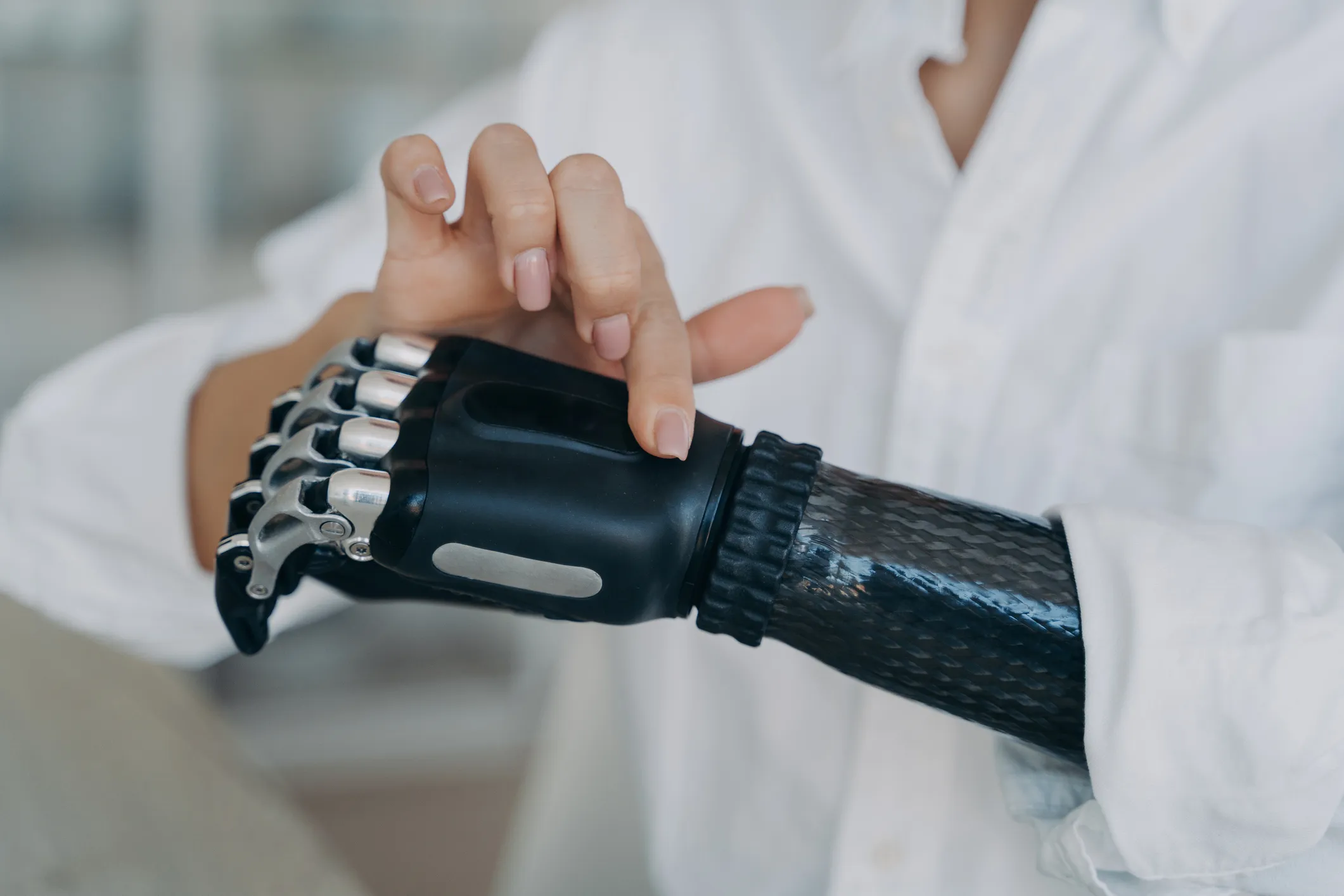A Russian AI Linguodidactic Assistant Generates Foreign‑Language Materials

Russian universities are harnessing an intelligent, robot‑powered teaching assistant to streamline the creation of foreign‑language curricula, boost student engagement, and expand accessibility through automated transcription
Revolutionizing Language Instruction
At the Moscow State Institute of International Relations (MGIMO), educators have introduced “LIRA,” an AI‑driven, linguodidactic robotic assistant that designs comprehensive lesson plans for foreign‑language courses. LIRA automatically generates texts and exercises tailored to course objectives and serves as a conversational partner, enabling students to practice real‑world dialogue in their target language. After a successful pilot phase that yielded measurable gains in student confidence and performance, the development team has announced plans to broaden LIRA’s capabilities to cover additional languages and more advanced proficiency levels.
Streamlining Academic Workflows
Beyond MGIMO, faculty across Russia’s higher‑education system are integrating off‑the‑shelf AI services into their lesson‑planning routines. These tools substantially reduce preparation time and simplify administrative tasks—from curating reading materials to drafting quizzes—allowing instructors to focus on personalized instruction and one‑on‑one student support. Meanwhile, institutional learning‑management systems (LMS) are embedding neural‑network modules that assist with lecture preparation, automate question‑bank generation and grading, and monitor student engagement metrics, giving professors data‑driven insights into classroom dynamics.
Enhancing Accessibility Through Transcription
One of the most significant benefits of these AI implementations is real‑time audio‑to‑text conversion, which produces accurate transcripts of lectures and student discussions. This feature is especially transformative for learners with hearing impairments or other disabilities, ensuring equal access to course content. By combining linguodidactic intelligence with inclusive design, Russian universities are not only boosting operational efficiency but also setting new standards for accessibility in higher education.









































